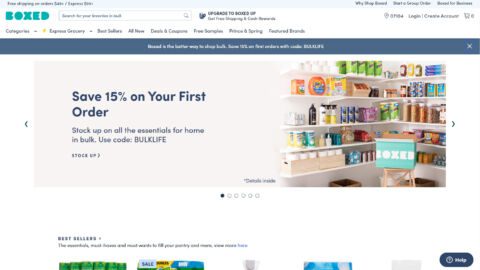The decision-making process behind buying a beauty product has numerous variables attached, and like many other shopping decisions, price wins out: 75% of U.S. shoppers make their beauty purchasing decisions based on price, according to a survey from Teads. But although pricing remains the chief mover, shoppers also will buy based on three additional factors — skin suitability, transparency and inclusion.
Suitability is the biggest remaining factor by far, with 68% of beauty and skincare consumers saying it is most important to know what is best suited for their skin type when making a purchase. The second-biggest factor, transparency, refers to product ingredients and accurate labeling. As many as 50% of consumers say that knowing the ingredients is a top influencer when purchasing beauty and skincare products.
Finally, 37% of consumers feel underrepresented in beauty advertisements, hinting heavily that retailers and beauty brands need to do a better job of portraying a more diverse group using their products, referring both to ethnicities and ages.
To conduct the study, Teads examined 986 female online shoppers aged 22 to 64 segmented by four key factors: Millennials (ages 22 to 34), Gen X (35 to 55), high income (top 25% in household income) and “Savvy-ness” (shoppers most focused on researching and testing products).
Although family and friends still rank as the main source of product discovery, advertising continues to play a significant role, with nearly 40% of all beauty consumers going directly to the brand’s web site after seeing a beauty or skincare video ad. Millennials in particular are more likely to discover new beauty products via video tutorials.
Try-before-you-buy also is a key driver in purchasing decisions, with 58% of respondents sharing that they are more likely to buy a new beauty product if they can test it first. More shoppers are comfortable using technology to “try on” beauty products, with 68% revealing they would try augmented reality when considering making a purchase.
Despite the hype of influencer marketing, only 18% of consumers discover new beauty products through social media influencers, with only 7% of consumers’ beauty purchases influenced by celebrity brands and 5% by celebrity endorsements.
“When it comes to research, marketers often think about gleaning insights from search or social but consumers aren’t always in the frame of mind to discover new products in those environments,” said Bertrand Quesada, Co-Founder and CEO of Teads in a statement.












